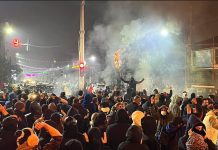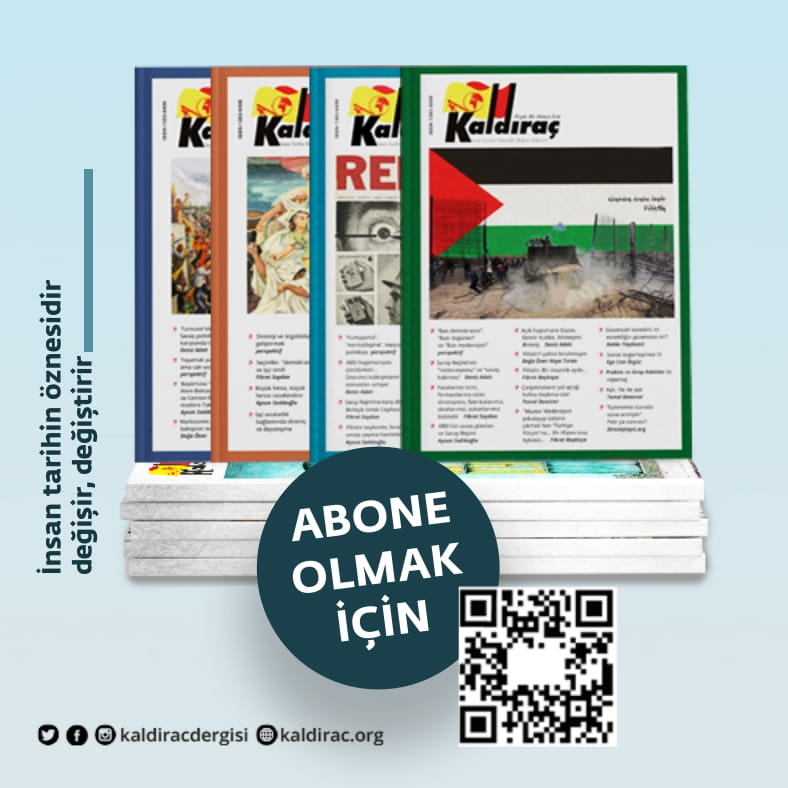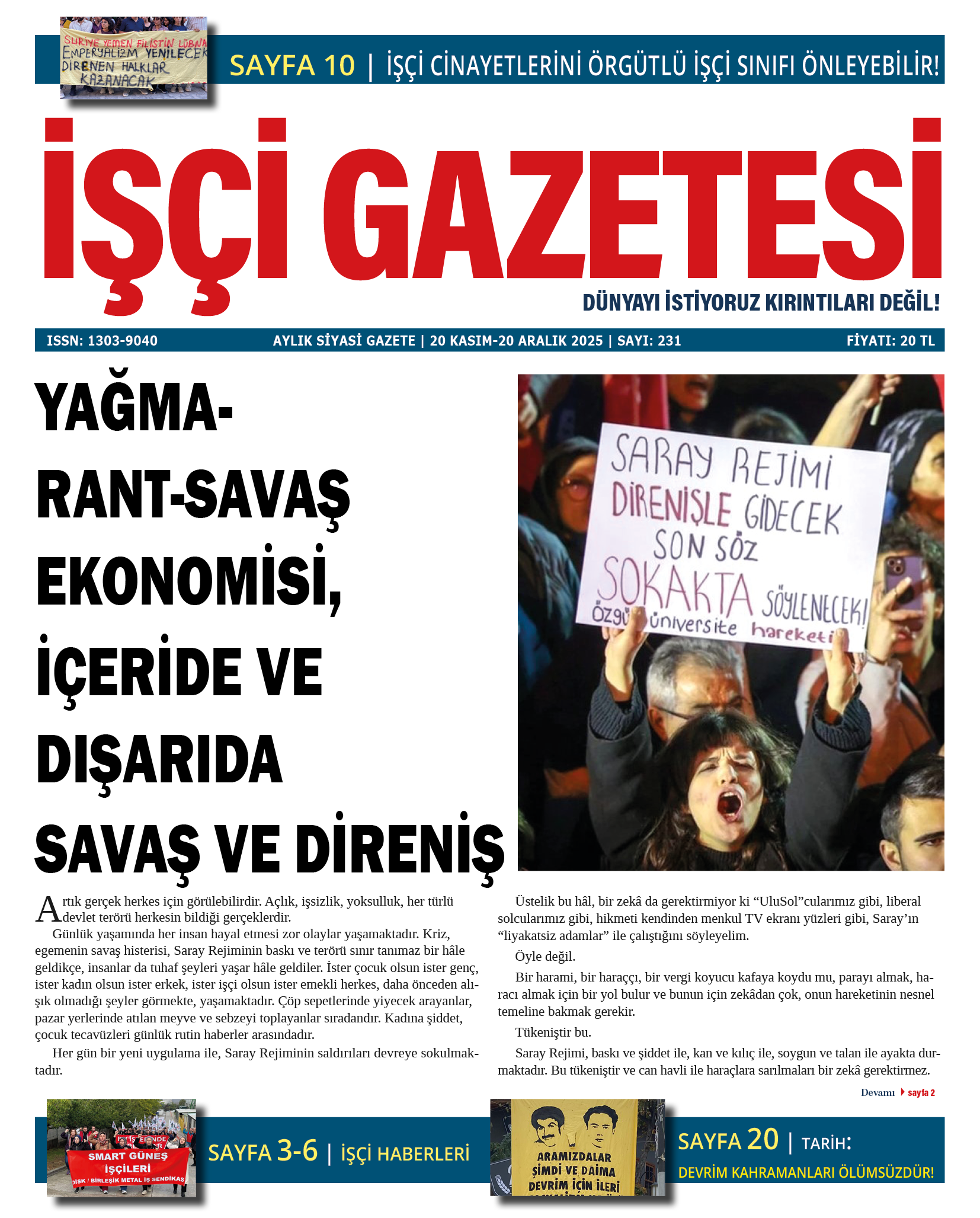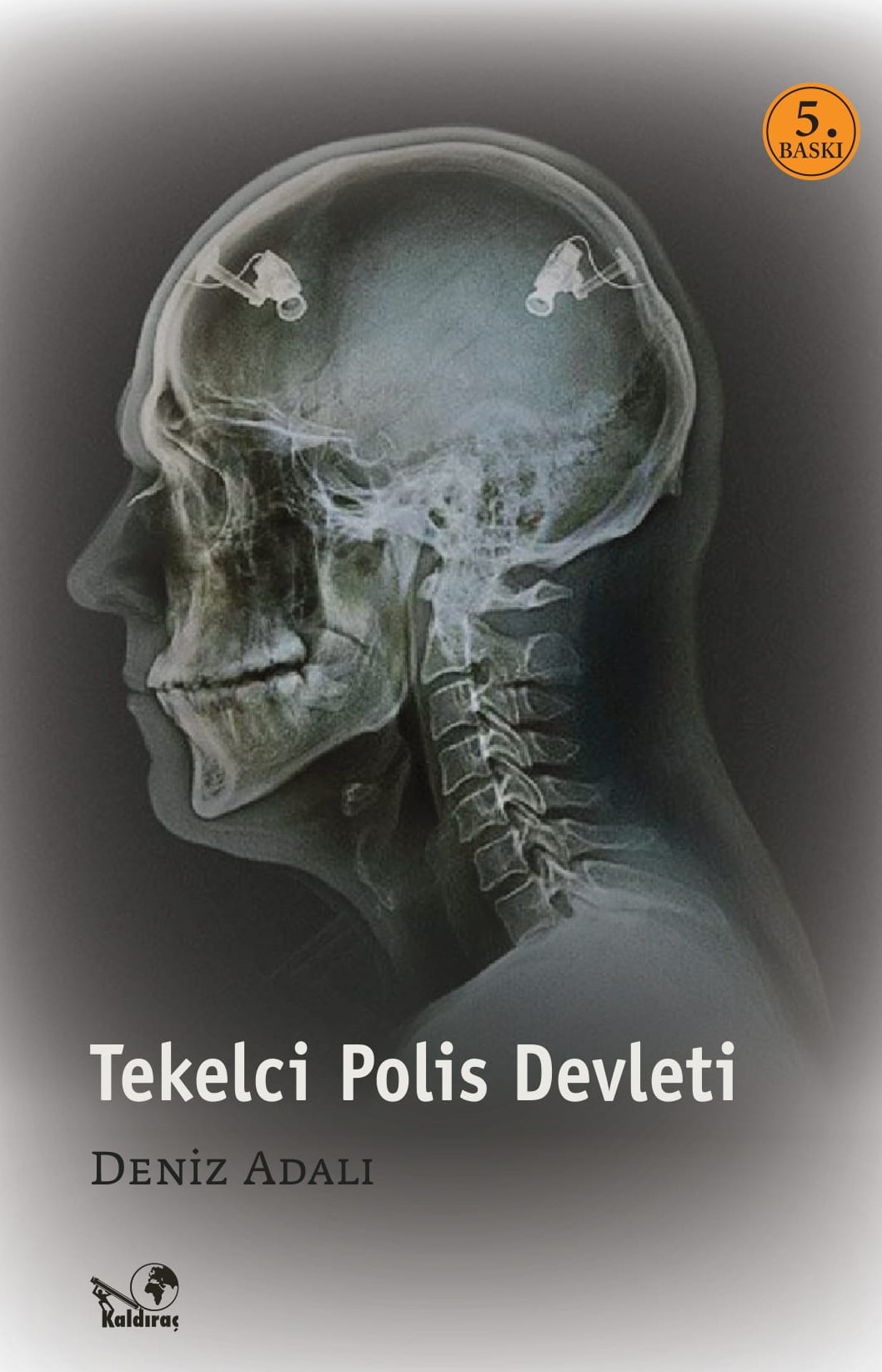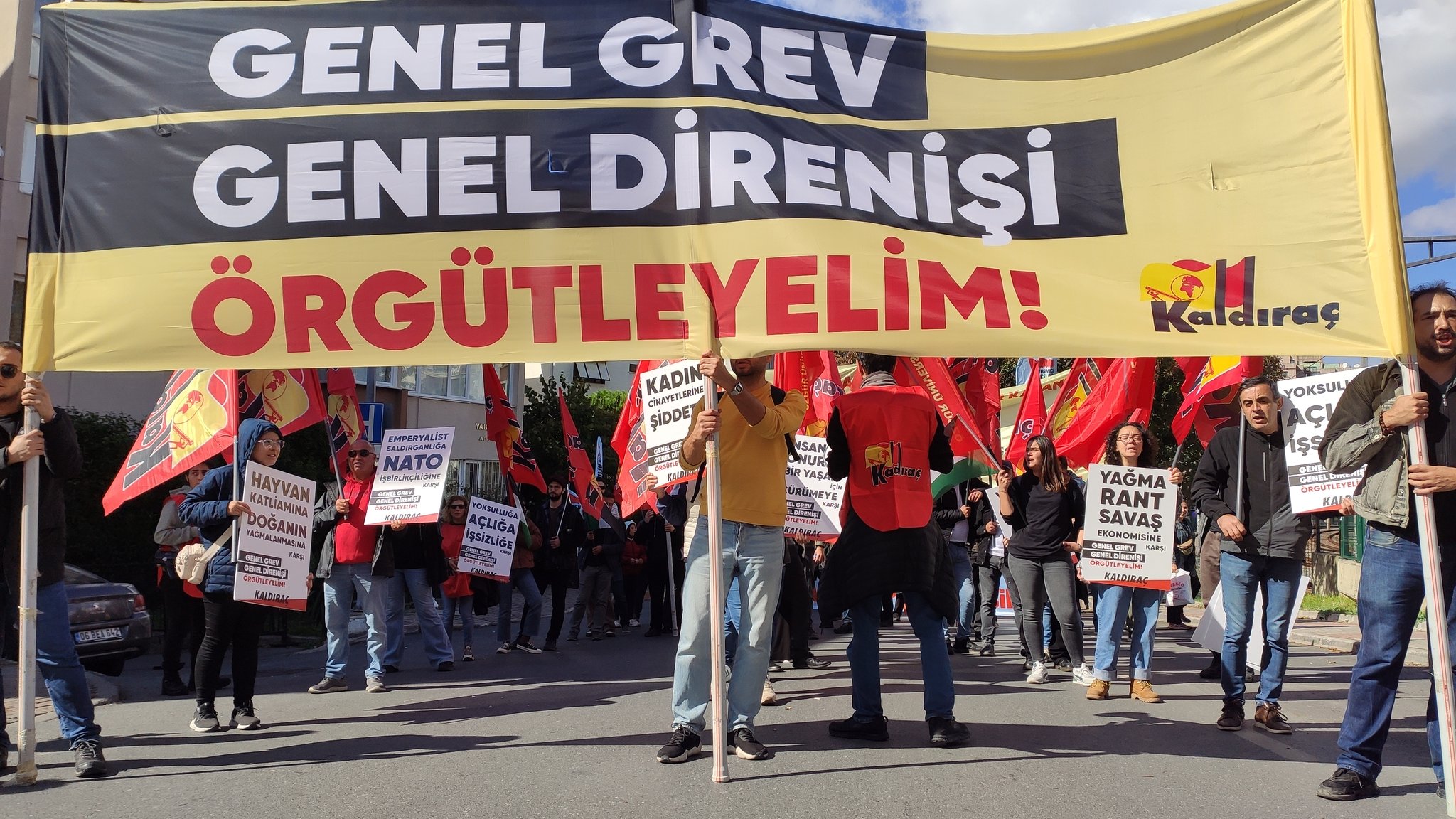Time works so slowly in some periods of history that even though months and years pass, one gets the impression that nothing has changed. When the movement that was fermenting in these slow periods of history come out, days become months, and perhaps an intervention developed in a few days can make its effects felt for years. Just as the earthquake itself is the manifestation of the energy accumulated on the fault lines and this is embodied in a very shocking way, it can be said that the political subjects who develop interventions after the earthquake have a similar potential.
More than a week has passed since the earthquake. The people who rushed to the aid of those around them at the first moment of the earthquake, boiled soup together with the pot they grabbed from the house and drank soup in turn from glasses, are now able to provide all their basic needs on their own, including electricity and water. What makes this possible is not the state that reached the city only after three days; it is the revolutionaries who set up teams and run to the wreckage from the very first hours, who are there wherever there is a need, and who flock to the city from all over the country. The people, together with the revolutionaries, have already begun to heal their own wounds.
The intervention and practice developed by the revolutionaries at this point will shed light on the future. Just like the other fire, flood, and earthquake experiences that made this now-achievable practice possible.
Now the question is about what will happen tomorrow.
Earthquake is a natural disaster. It is a disaster that we can take precautions against, although the exact time of its occurrence cannot not yet be determined. Yes, the Palace Regime is disintegrating and indeed it is incapable of neither taking precautions against the earthquake and not developing an intervention for its consequences. But this does not mean that the sovereigns do not have a certain political agenda. The Palace Regime is based on profit, plunder and war. Therefore, these three phenomenon should be kept in view in every event.
The destruction caused by the earthquake in Antakya was hardly covered by the mainstream media during the first two days. Only at the end of two days, thanks to the news from the earthquake victims and the revolutionaries who reached the city, the true extent of the destruction was understood. In the following process, the attitude of the state has been to encourage people to leave the city. In the first place, despite all the efforts of the revolutionaries, the feeling of loneliness and abandonment reinforced in people, and then fear was accentuated through the spiral lies like a flood was about to happen, and the looting/police violence. The looting gangs are themselves part of this order, they are a state organization and they are tasked with spreading fear.
Although perhaps people were not forced to evacuate by physical force, they were forced to leave the city by all forms of violence. This situation cannot be explained only by the incompetence of the state. On the contrary, there is a political move and it should be met with a political move.
Antakya has a deep-rooted history in terms of both peoples and revolutionaries. For this reason, the state tries to erase its history. The first step to dehistoricization is dehumanization, in the sense of leaving the city without humans. It is no secret that a few days before the earthquake, the question of what will happen to the gangs that were being evacuated from Idlib was the most heated debate in the city. The state’s dehumanization policy has received some response; but it is still in our hands to reverse the situation. We should not be limited to only bringing aid to those in need, but we should attempt to reorganize life. If we were able to come to the aid of our neighbors in the most difficult and painful moment of the disaster, if we were able to share our bread, we can rebuild our city. It would be naive at best to hope for help from those whose names are not mentioned for days after the earthquake. The experience we gain in a week is indeed worth months of experience, and this experience imposes new responsibilities on us.
Disaster coordination centers should cease to be places where revolutionaries only organize aid distribution. If we have the claim that we will not abandon our city, but will rebuild it, then our practice should develop accordingly. Our next task is to reorganize life by mobilizing all the means at our disposal. For this, we do not have to wait for the state to establish a container city. On the contrary, we should start taking steps by calling everyone who shares this claim back to Antakya. It is quite possible to unite and spread disaster coordination centers and turn them into political centers for people who share our claim.
Unfortunately, health workers mobilized for health, distribute supplies alongside providing health services; in addition to providing legal support, lawyers had to meet the most basic needs. Although distributing aid seems like a priority due to the urgency of the basic needs in the region, we should focus on the more critical needs ahead of us and start organizing necessary stept for them. If there is a water and electricity problem in the city, the engineers should take over. If the epidemic is predicted with certainty, doctors should organize preventive health measures. Lawyers should not only inform the public about the earthquake laws, but also set up crisis desks against torture and executions. Disaster coordination centers that have already been established should be expanded and all medical, technical and legal fields, including aid, should be organized by units that are established in these centers. What we need is not for professional organizations to distribute aid, but for them to carry out work in their fields of expertise. This is the need not only of Antakya, but also of all provinces affected by the earthquake.
It is time to leave behind the initial shock and bewilderment caused by the earthquake. We can’t clean up this wreck just by thinking about the next day. What we face in a month or a year depends on what we do today and how we position ourselves. Let’s not forget that if we have the problem, we also have the cure.
Kaldıraç Antakya
17.02.2023


